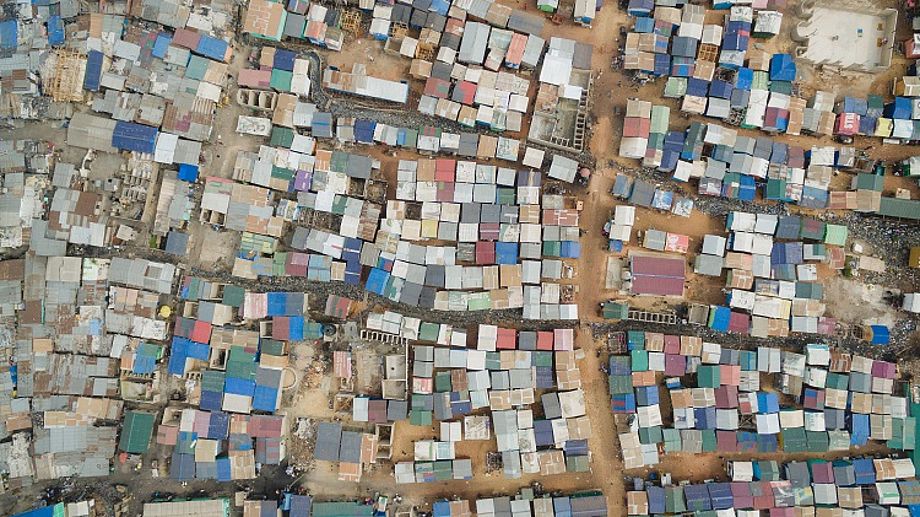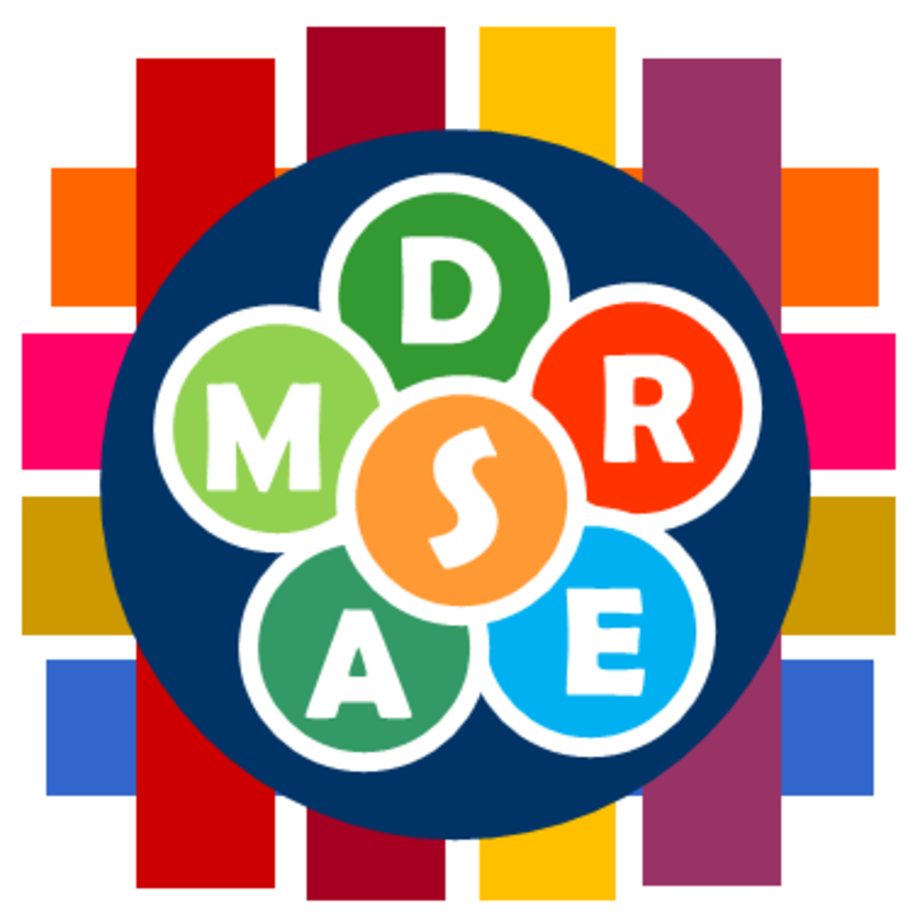DFG project DREAMS: Making African cities sustainable


African cities face major challenges in achieving the UN Sustainable Development Goals. The network project DREAMS, in which the University of Passau is also involved, is developing recommendations for action that underpin sustainable and climate-resilient urban planning efforts.
Urbanisation and urban development in sub-Saharan Africa often elude state control, and conventional planning instruments reach their limits when it comes to the implementation phase. Especially in the peripheral zones of large cities, settlement development is largely driven (and controlled) by informal situational dynamics and social networks. The trans-disciplinary research project DREAMS seeks to explore new, participatory channels for urban sustainability in African cities, while contributing to the establishment of partnerships with a view to achieving the UN Sustainable Development Goals (SDGs). The University of Passau supports the research project led by Martin Luther University Halle-Wittenberg (Professor Christine Fürst) through Professor Malte Steinbrink, Chair of Anthropogeography, who contributes his expertise in the fields of social geographic development and migration research.
DREAMS stands for “Developing REsilient African cities and their urban environMent facing the pro-vision of essential urban SDGs”. The project’s aim is to develop recommendations for action in sustainable urban planning that explicitly take into account the informal social dynamics of urban agglomerations. “In African cities, a large part of the population lives within certain social contexts that span both rural and urban areas. Rural-urban migrants remain closely networked with their relatives in the countryside even after their migration, and they support them financially, for example; simultaneously, they can also return to the countryside in times of crisis to receive support there. Subsequently, the rural-urban dichotomy dissolves in real-life practice,” explains Steinbrink. “It is these complex, trans-local everyday realities, for example, that need to be taken into account in planning within the paradigm of sustainable urban development. Urbanisation and urbanity in Africa cannot be thought of without trans-locality. It is my goal to foster the strength of this perspective in an international and interdisciplinary research consortium, and to translate it into participatory planning approaches.”
Specifically, the researchers are trying to understand why current urban planning tools are not able to make informal settlement development more sustainable and effective. The aim is to bolster the resilience of urban socio-ecological systems exposed to the impacts of climate change (e.g. floods), as well as social insecurity and poor health care. By incorporating remote sensing data and innovative participatory scenario modelling, they are exploring the future development of African cities in terms of key drivers and their socio-ecological influences as reflected in six SDGs, namely.
- #3 Good Health and Well-Being
- #5 Gender Equality
- #6 Clean Water and Sanitation
- #11 Sustainable Cities and Communities
- #13 Climate Action
- #15 Life on Land
The regional focus is on West Africa (Ghana), East Africa (Uganda) and Southern Africa (Republic of South Africa). On balance, the international research network aims to provide a scientific basis for an integrated approach to achieving the UN Sustainable Development Goals in urban contexts.
The network project is being funded for a period of two years by the German Research Foundation (DFG) within the framework of the Belmont Forum Collaborative Research Action: Transdisciplinary Research for Pathways to Sustainability.
More information:
Website of the research project
Video about the research project
| Principal Investigator(s) at the University | Prof. Dr. Malte Steinbrink (Lehrstuhl für Anthropogeographie) |
|---|---|
| Project period | 07.06.2021 - 07.06.2023 |
| Website | https://dreams.eli-web.com/ |
| Source of funding |  DFG - Deutsche Forschungsgemeinschaft > DFG - Internationales |

